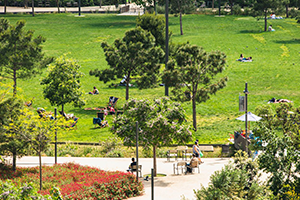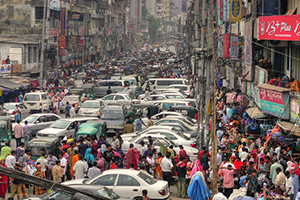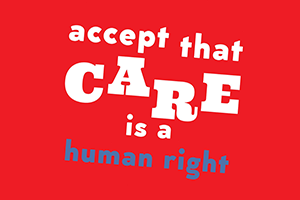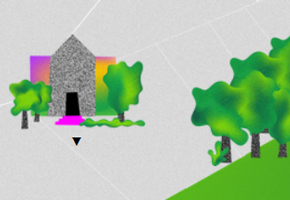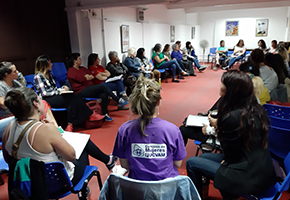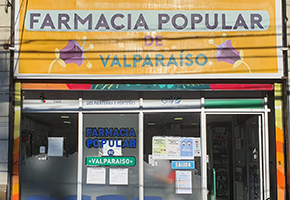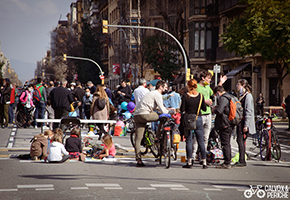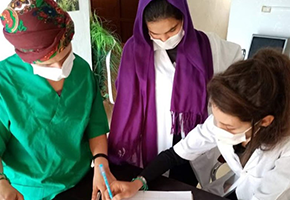| |
|
Strategies to Transform Our Cities
#CaringCities
Around the world, in different ways, the Coronavirus pandemic clearly demonstrated the inherent contradiction between, on the one hand, a form of production based on profit and, on the other, social reproduction; in other words, the capital-life conflict. The defunding of public health care systems and progressive privatization of social infrastructure are signs of this desire to profit from all spheres of life and, in many places, are the cause of mass death. The pandemic and its political management exposed the capital-life conflict more clearly and demonstrated, in turn, that that conflict is part of the capitalist system itself.
At the same time, the pandemic reminded us once again what social labor is truly necessary. Along with health care attention, this refers to care work, childcare, education, food provision, and cleaning; in other words, all the work traditionally carried out by women, largely in the private household and often at the expense of their (economic) independence and possibilities for personal development. This is how the gendered division of labor produces a binary division and, thus, is established as the fundamental basis of the gender hierarchy.
Some people can make up for the gaps in public infrastructure by buying care services in the market, but the rise in prices and increasing precarization and poverty affect ever more people. Therefore, they are forced to turn to family members or social networks to receive that care. Both the economic, as well as the emotional, costs are privatized.
These problems will only be able to be truly resolved if care work is socialized and democratically organized. This requires a struggle at the local level, which is where people care and receive care. In fact, in many places there are already movements seeking to organize care work in a democratic and situated way that is oriented toward their needs.
What would a city look like that centers the needs of its inhabitants, especially those who tend to be forgotten? How could we enact this vision? What measures would be necessary at different levels of government (national, regional, communal)? How do we imagine popular co-management?
|
|


